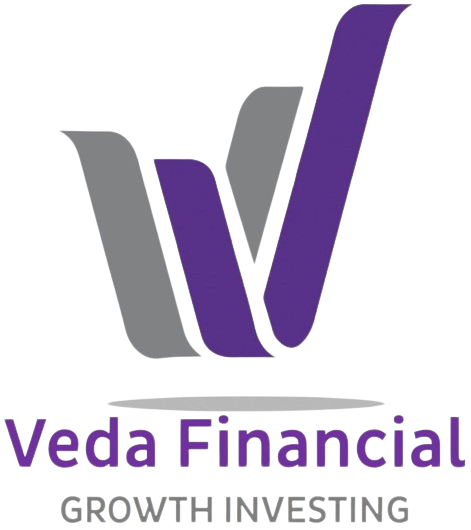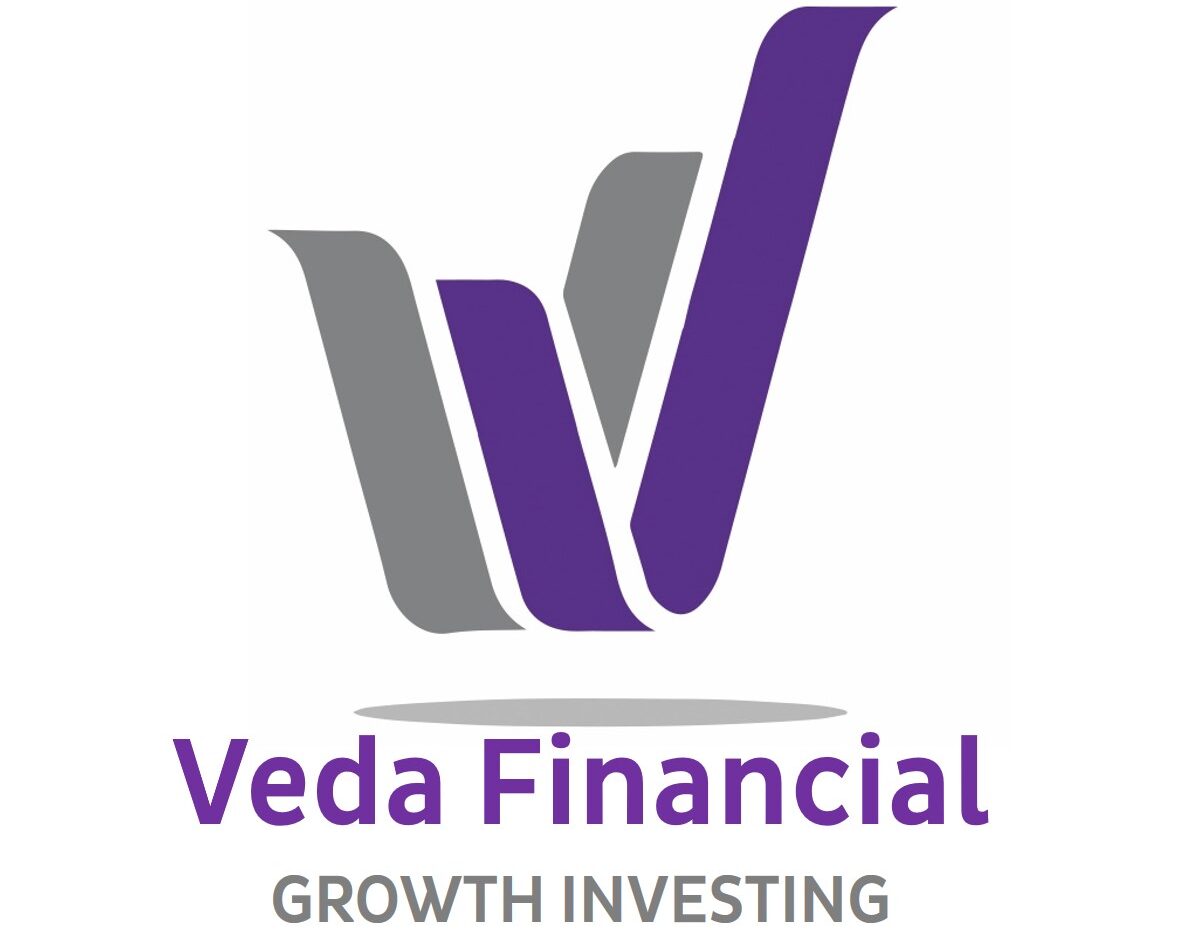Investing has long been recognized as a powerful tool to build wealth, secure retirement, and achieve various financial goals. Traditionally, investing often brings to mind activities such as buying stocks or bonds. However, as the economic landscape evolves, it has become increasingly important for investors to consider alternative investment as part of a well-rounded portfolio.
Alternative investments encompass many asset types that generally do not correlate directly with stock and bond markets. These may include real estate, private equity, commodities, hedge funds, and more.
Diversifying your portfolio with alternative investment can ensure steady growth across market cycles and achieve your financial goals.
Why Alternative Investments?
This is also known as a ‘self-directed IRA’ or SDIRA. At Veda Financial, we assist and educate investors who wish to invest in alternative investments through their IRA, a possibility that many people desire but may not be aware of. Feel free to give us a call, and we will be delighted to assist you.
While they might not be the cornerstone of most portfolios, alternative investments lend themselves to several key benefits:
Diversification: Alternative investment typically have a low correlation to traditional asset classes. They provide an effective hedge against volatility in standard markets, facilitating more stable returns throughout various market cycles.
Potential for Higher Returns: Due in part to their complexity and uniqueness, alternative investments often present opportunities for higher returns. For instance, private equity and venture capital can offer substantial profits if the business or technology they’re backing succeeds.
Inflation Hedge: Certain alternative investments like real estate and precious metals often serve as reliable hedges against inflation.
Access to Unique Opportunities: With alternative investments, you access unique opportunities not available in traditional markets, such as the chance to invest in a promising startup or a choice piece of real estate.
Types of Alternative Investments
For those based in the United States, a myriad of alternative investment options abound:
Real Estate: Investing in physical properties, such as residential or commercial real estate or even real estate investment trusts (REITs), can provide steady cash flow and potential appreciation.
Private Equity: This broad term includes the entirety of investing in private companies and can range from venture capital (investment in startups) to buyouts of established companies.
Hedge Funds: Unlike mutual funds, hedge funds pool money from investors to invest using various strategies to get high returns regardless of market conditions.
Commodities: Physical substances like gold, oil, or agricultural products can be part of a diversified portfolio and effectively hedge against inflation.
Collectibles: While different from your traditional investment class, fine art, wine, stamps, classic cars, and other collectibles have shown steady appreciation in value over the years.
Structured Products: These are pre-packaged investments that central banks sometimes offer, based on equities, exposure to foreign markets, commodities, and other categories; they can provide added diversity.
Diversifying your portfolio with a mix of these alternative investments can provide new avenues for growth and potential security against market downturns. However, it’s crucial to understand each investment’s intricacies and potential risks deeply. Seek guidance from a Registered Investment Advisor or a financial advisor knowledgeable in alternative investments for an investment plan that best suits your needs and goals.
Considerations Before Investing
Just as with traditional investments, alternative investments carry their own set of risks and considerations:
Illiquidity: Many alternative investments require a longer-term commitment and cannot be liquidated quickly. Therefore, you must be prepared to tie up your money for an extended period.
Regulatory Oversight: Unlike traditional investments, some alternative investments may not be regulated by the SEC, leaving investors more susceptible to potential fraud and misconduct.
Complexity: Alternative investments can be complex. Individuals need to be willing to devote the necessary time to understand the asset before investing.
Access and Minimum Investment: Some alternative investments require substantial minimum investments and are only available to specific classified individuals or institutions.
As with any investing strategy, aligning alternative investments with your overall financial goals, risk tolerance, and investment horizon is vital. An effective way to do this is by working with a Registered Investment Advisor (RIA), such as Veda Financial, who can provide the necessary guidance and expertise to navigate the intricate landscape of alternative investments.
In Conclusion
If you’re considering venturing into alternative investment, let Veda Financial guide your journey. With our adherence to a client-centric approach and an unrelenting focus on integrity, expertise, and transparency, we help you develop an investment strategy tailored to fit your financial landscape and long-term goals.
Together, let us create a portfolio that is not only resilient to market trends but also equipped to navigate successfully through different financial cycles, ultimately ensuring the achievement of your financial objectives.
Please remember that this post is for informational purposes only and doesn’t constitute investment advice. Always do your due diligence or consult a qualified professional before making investment decisions.






